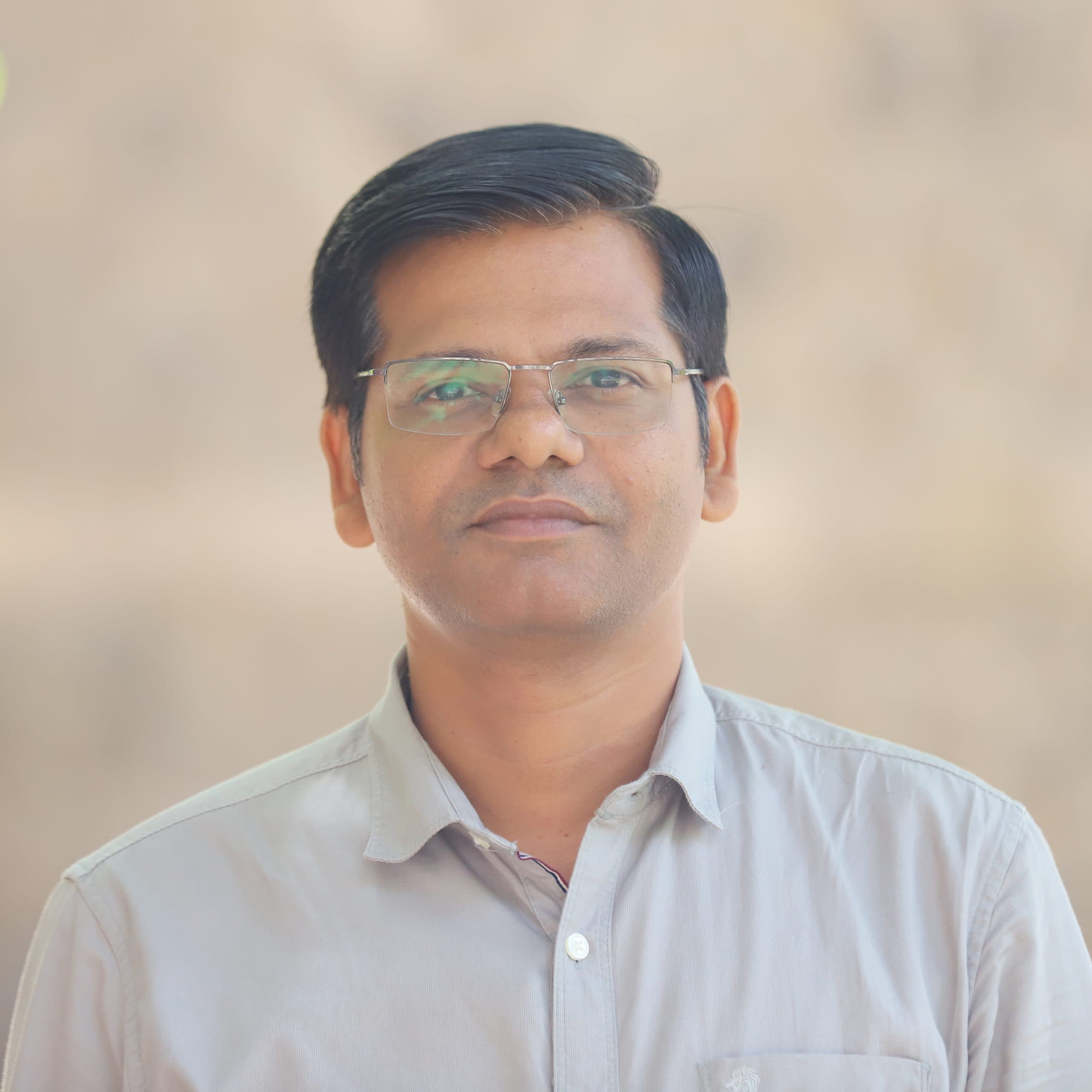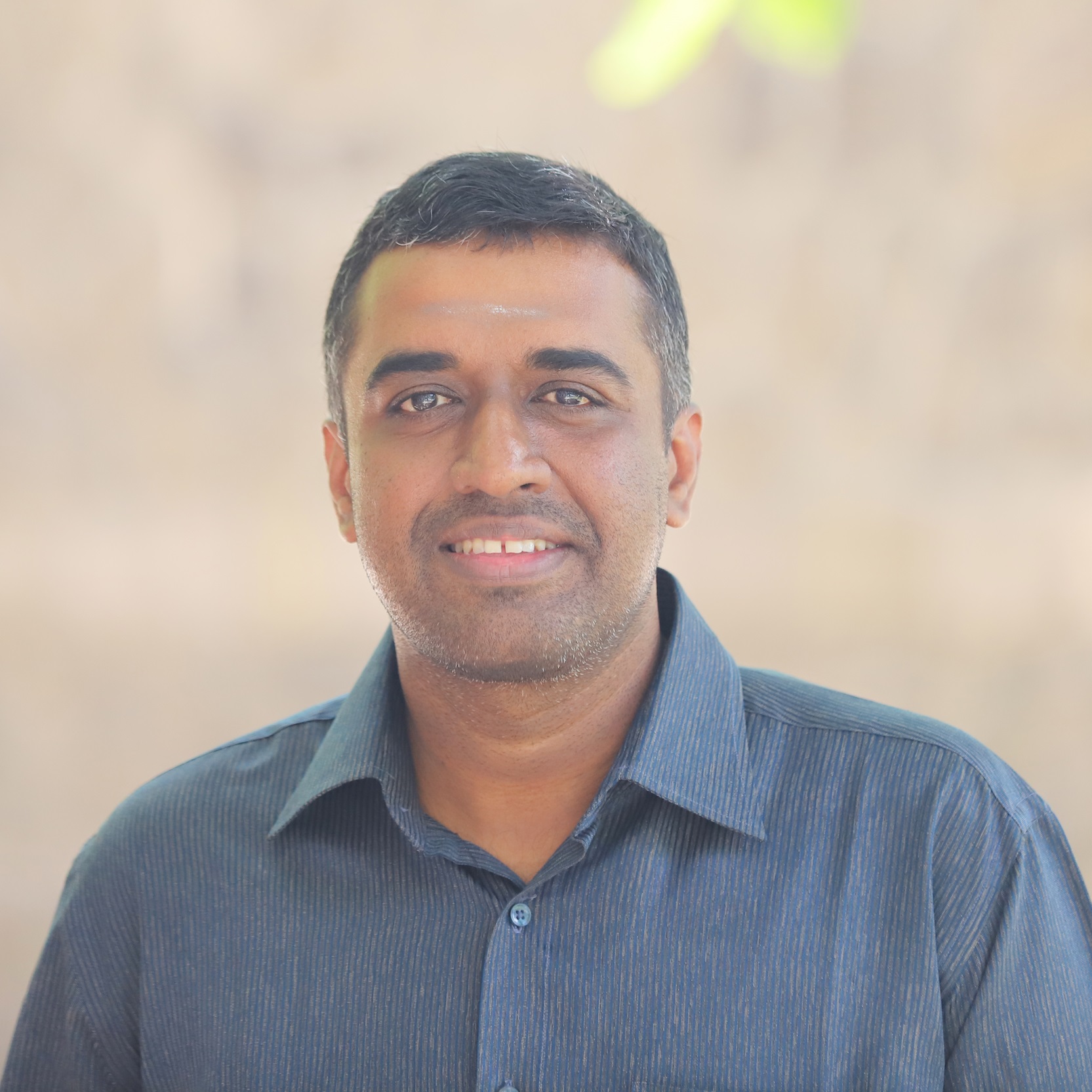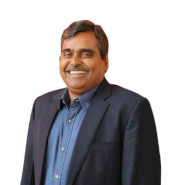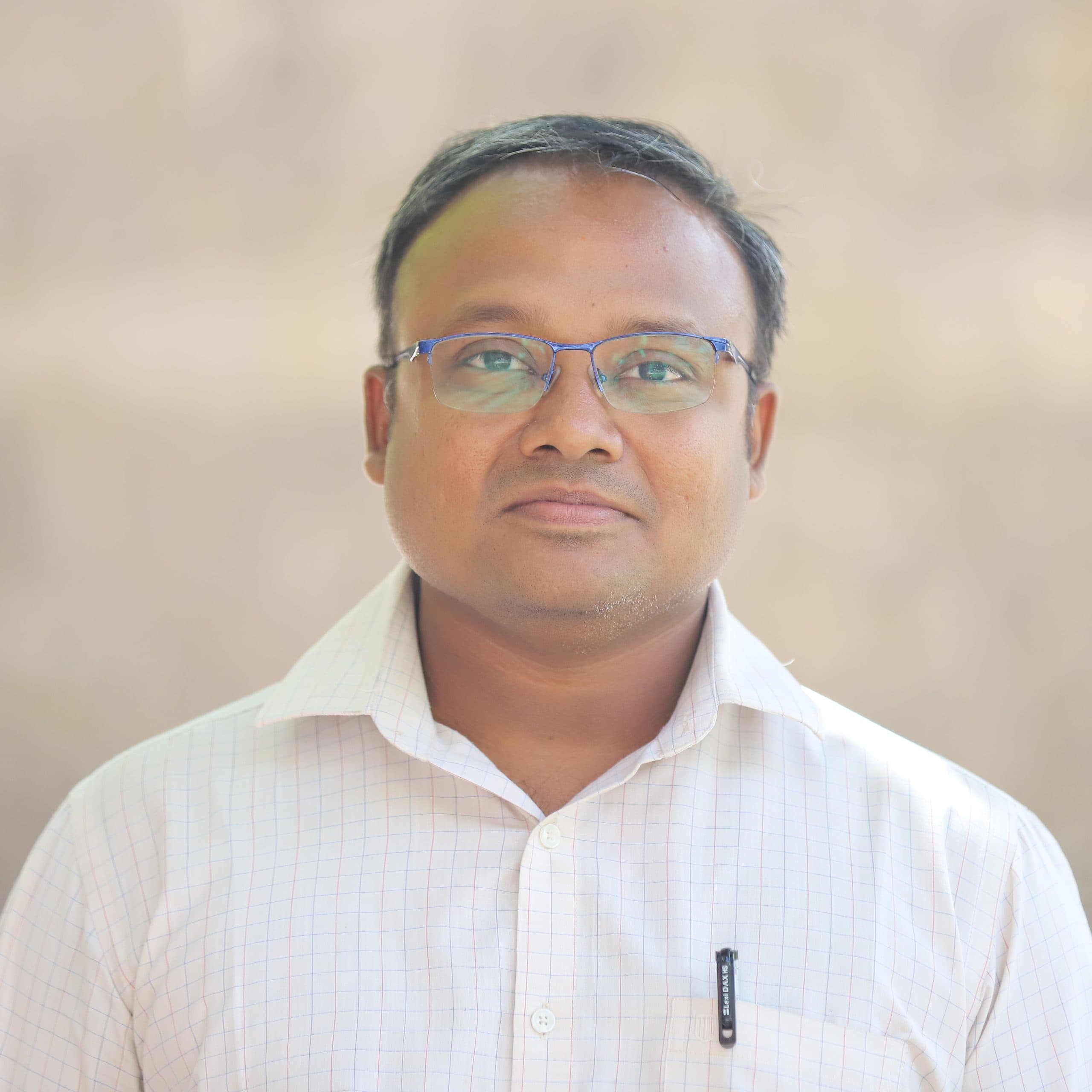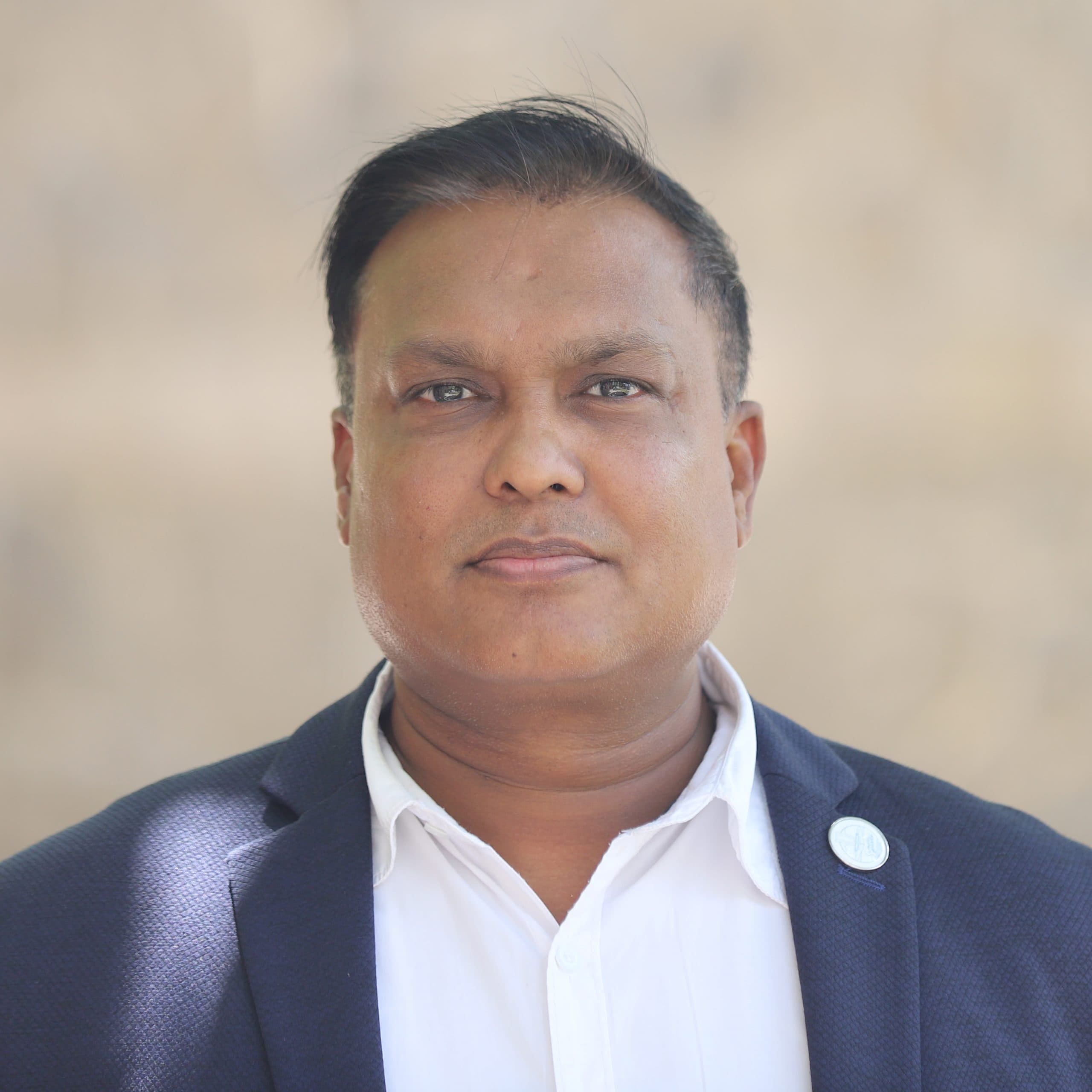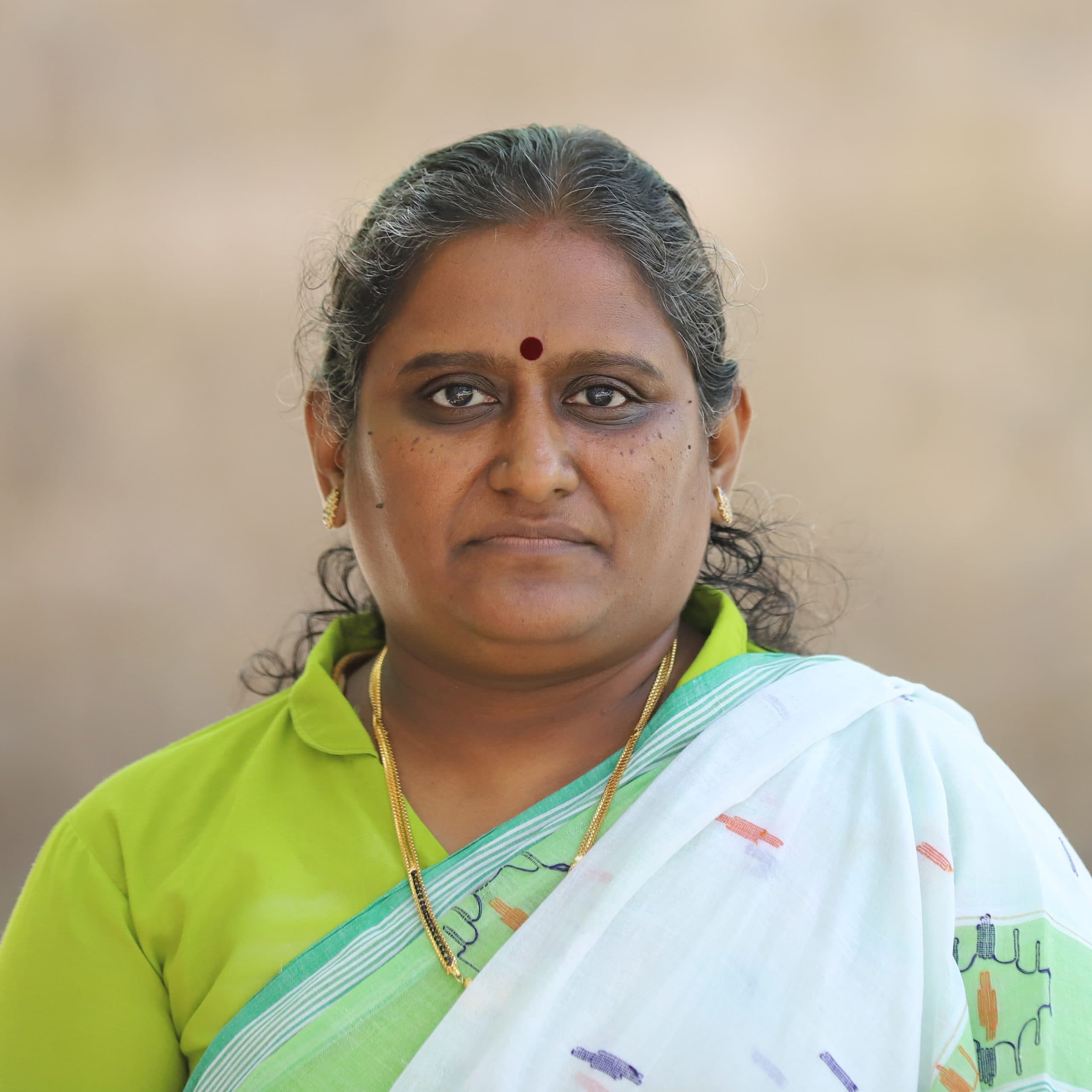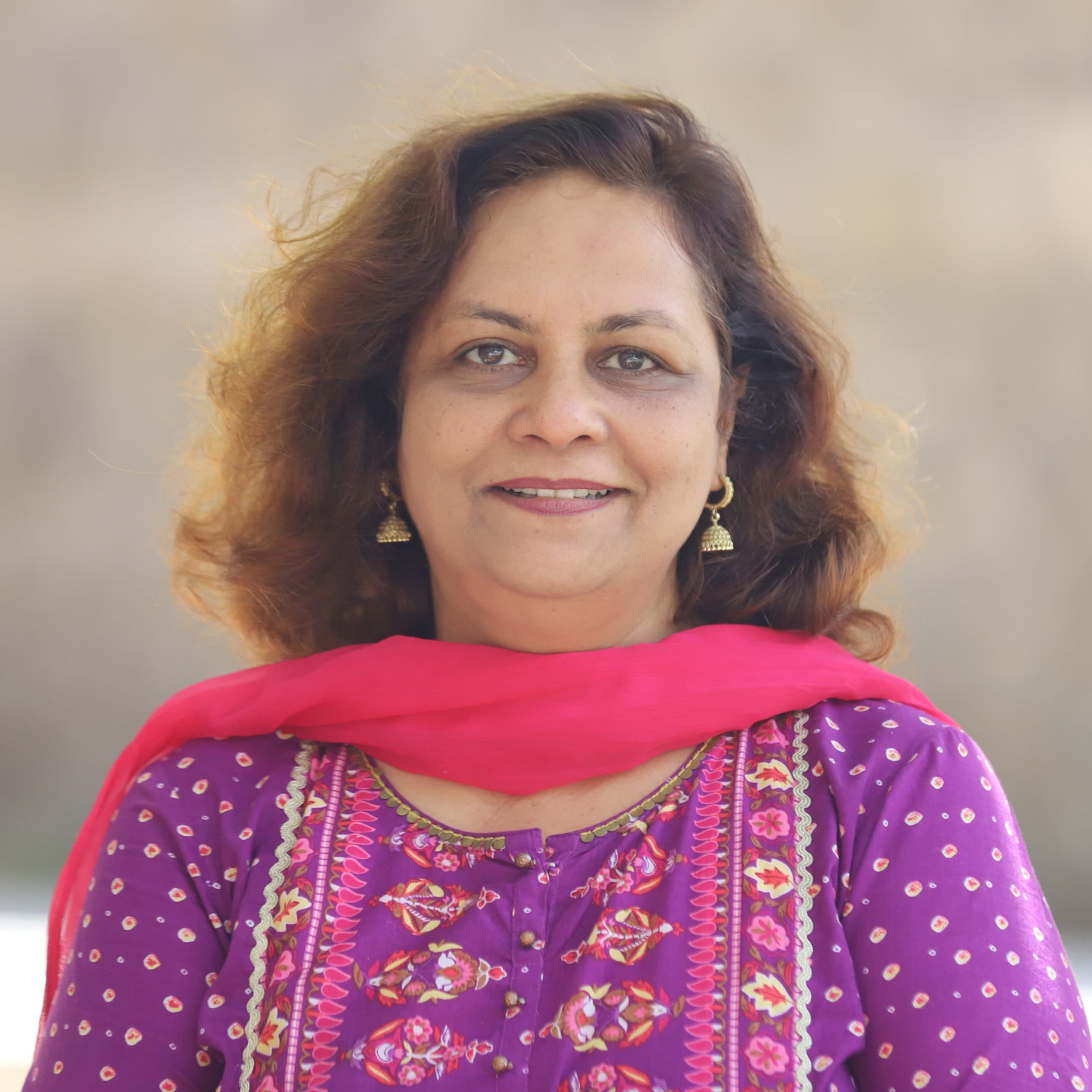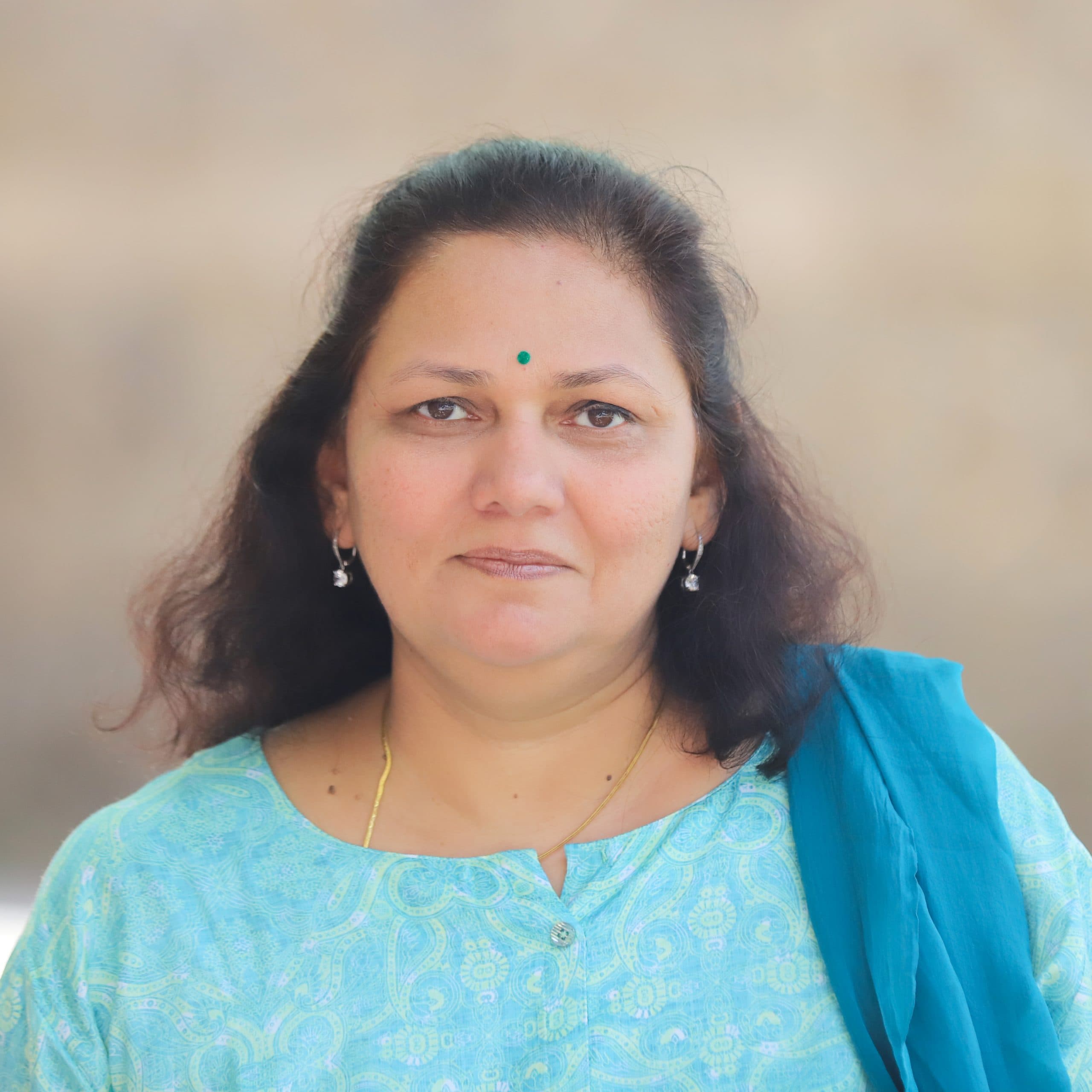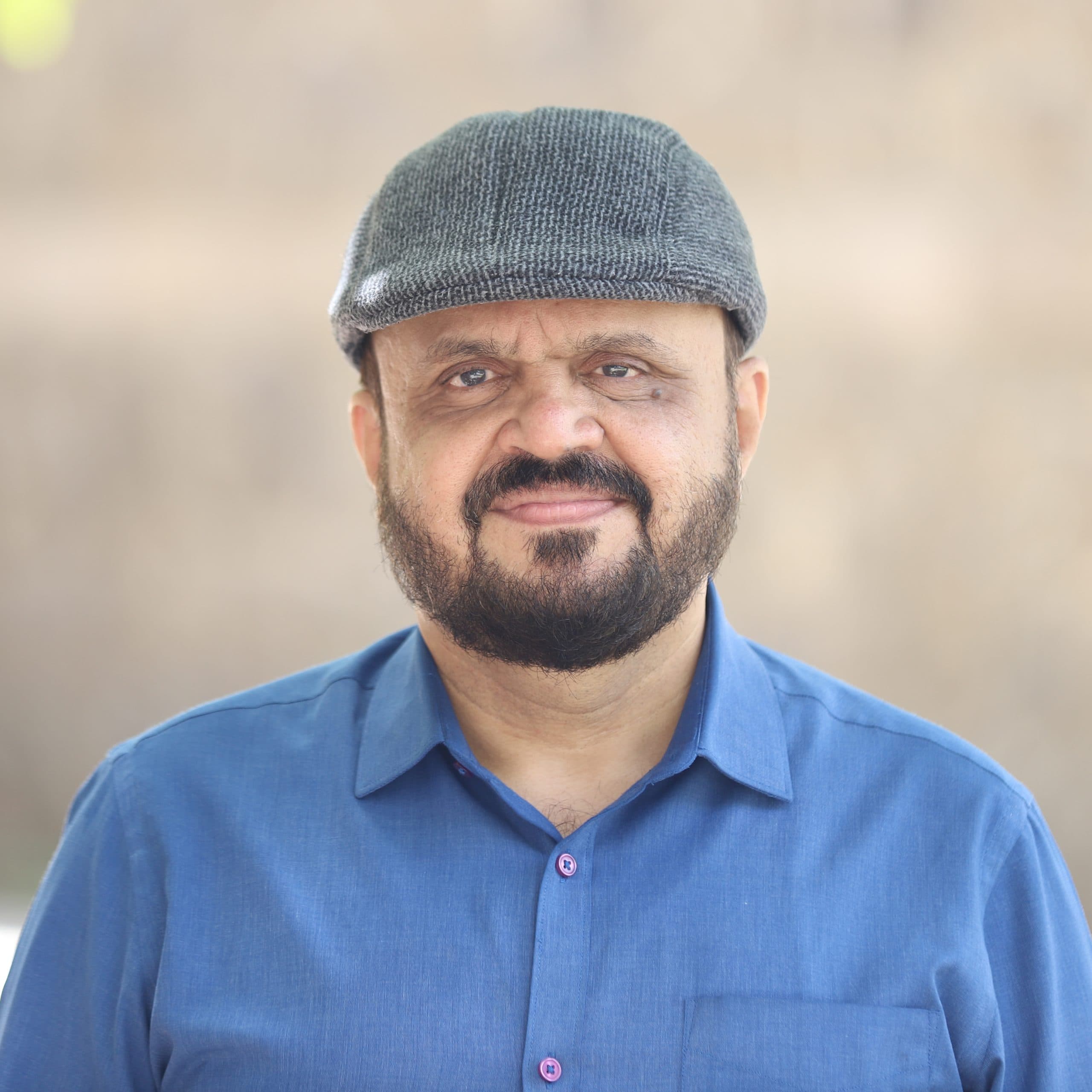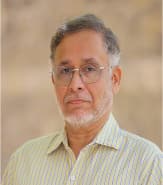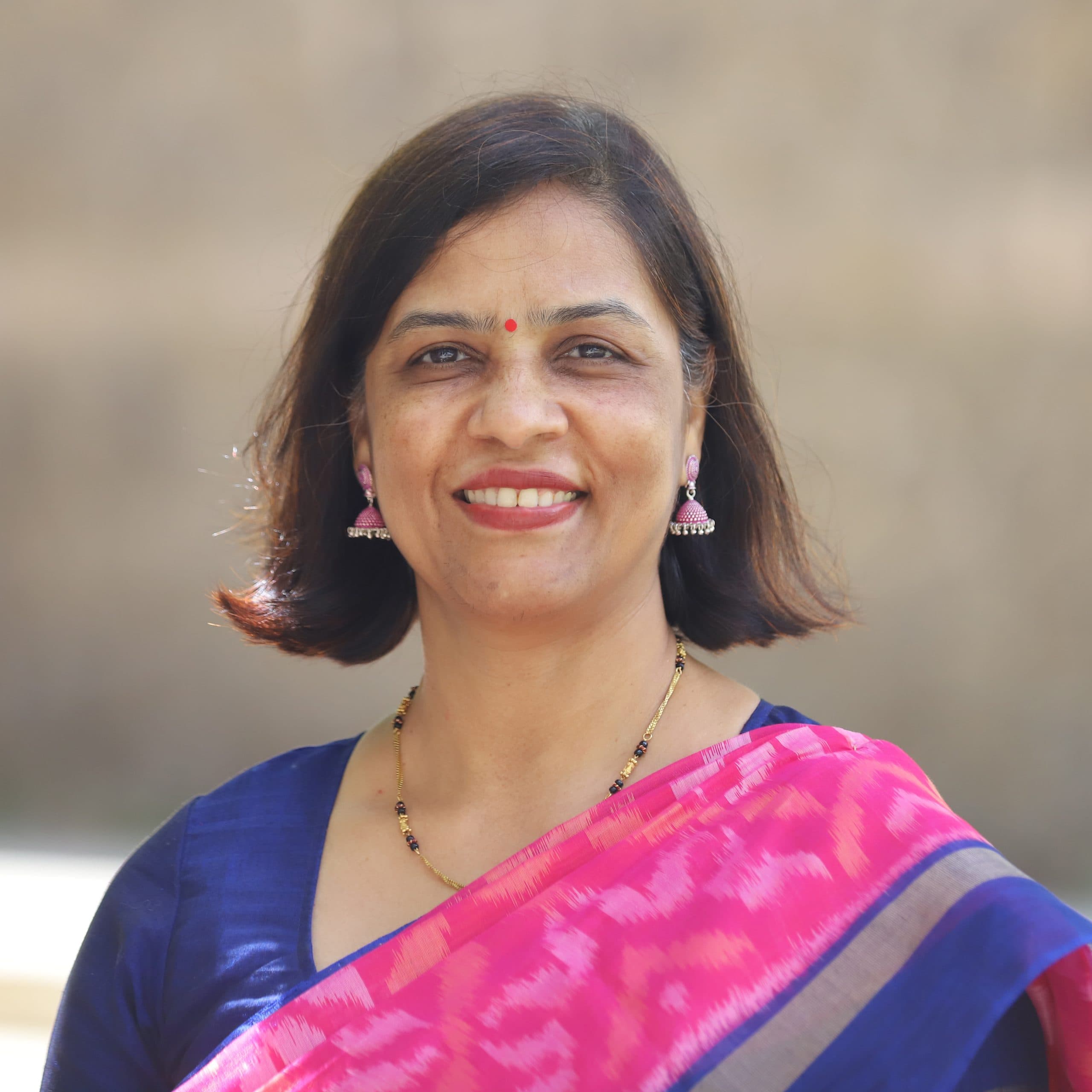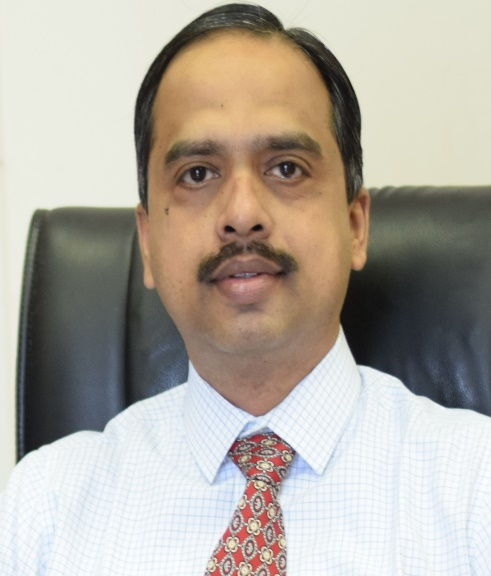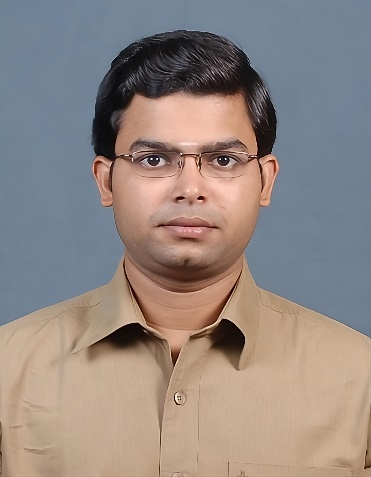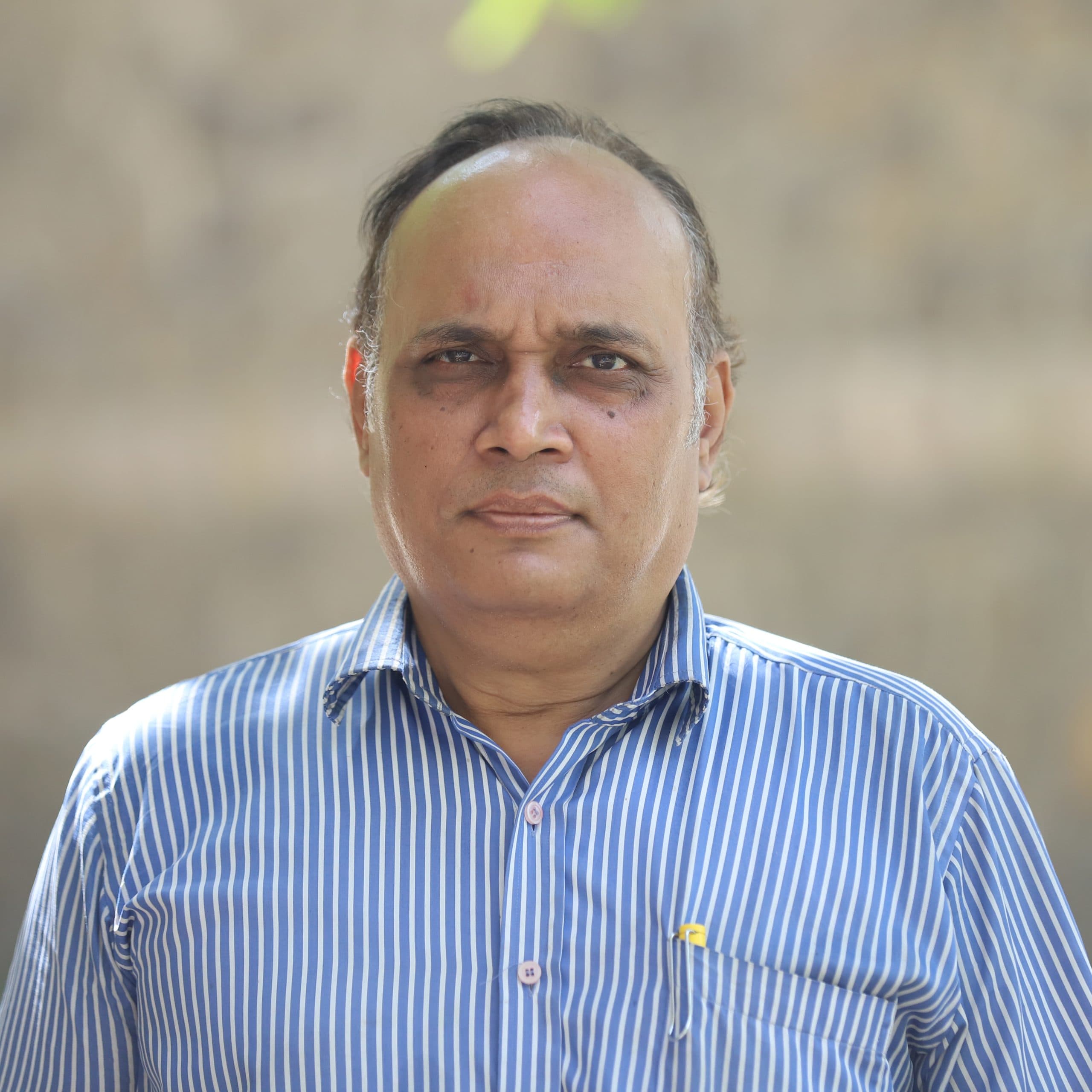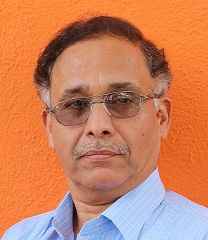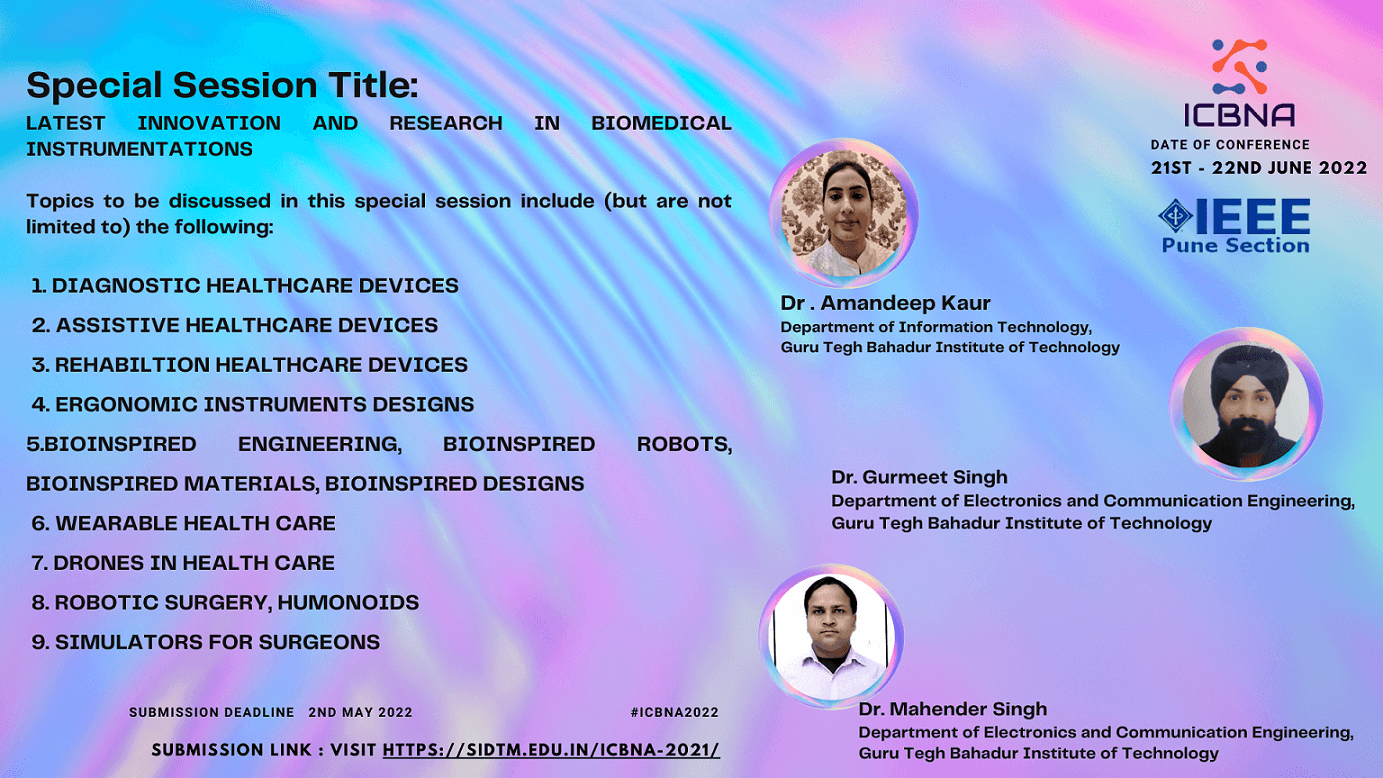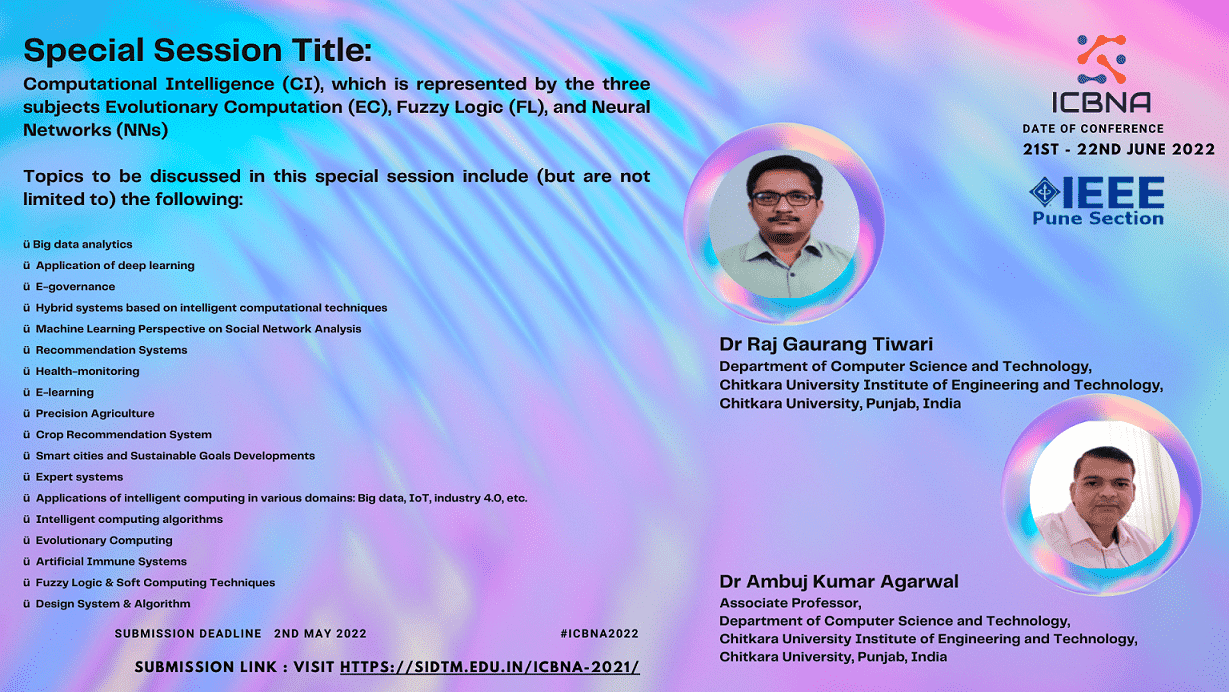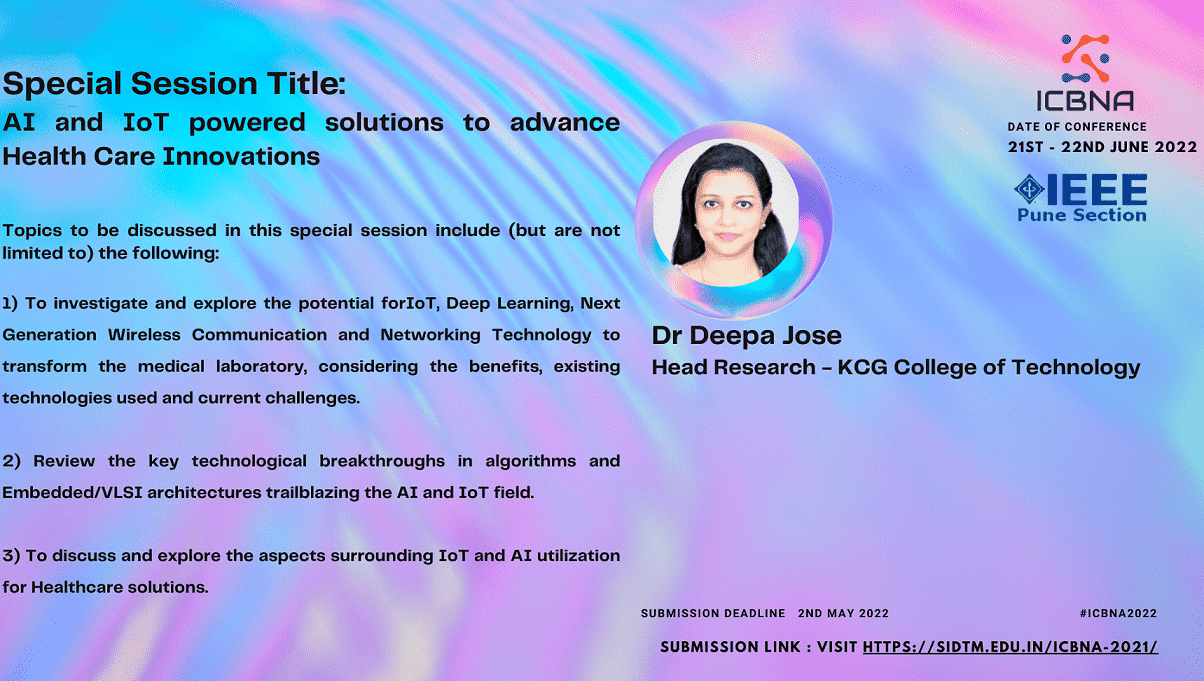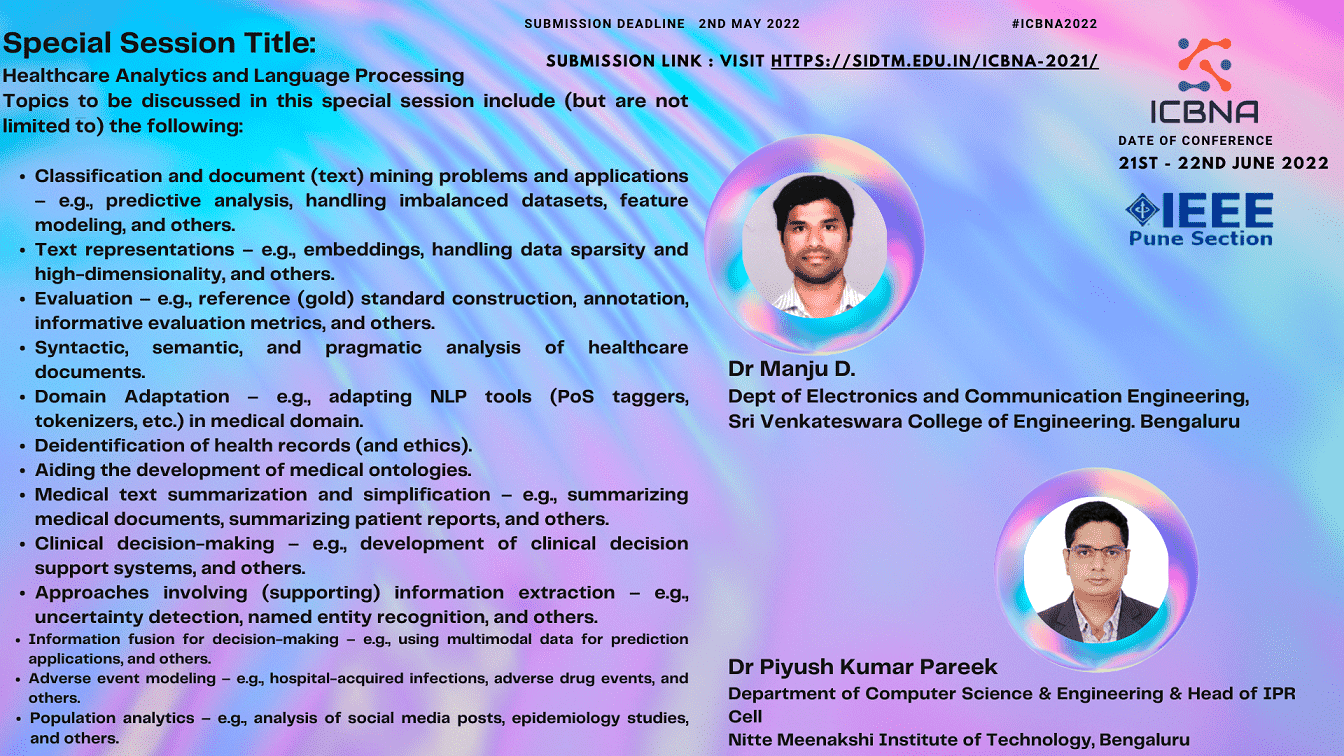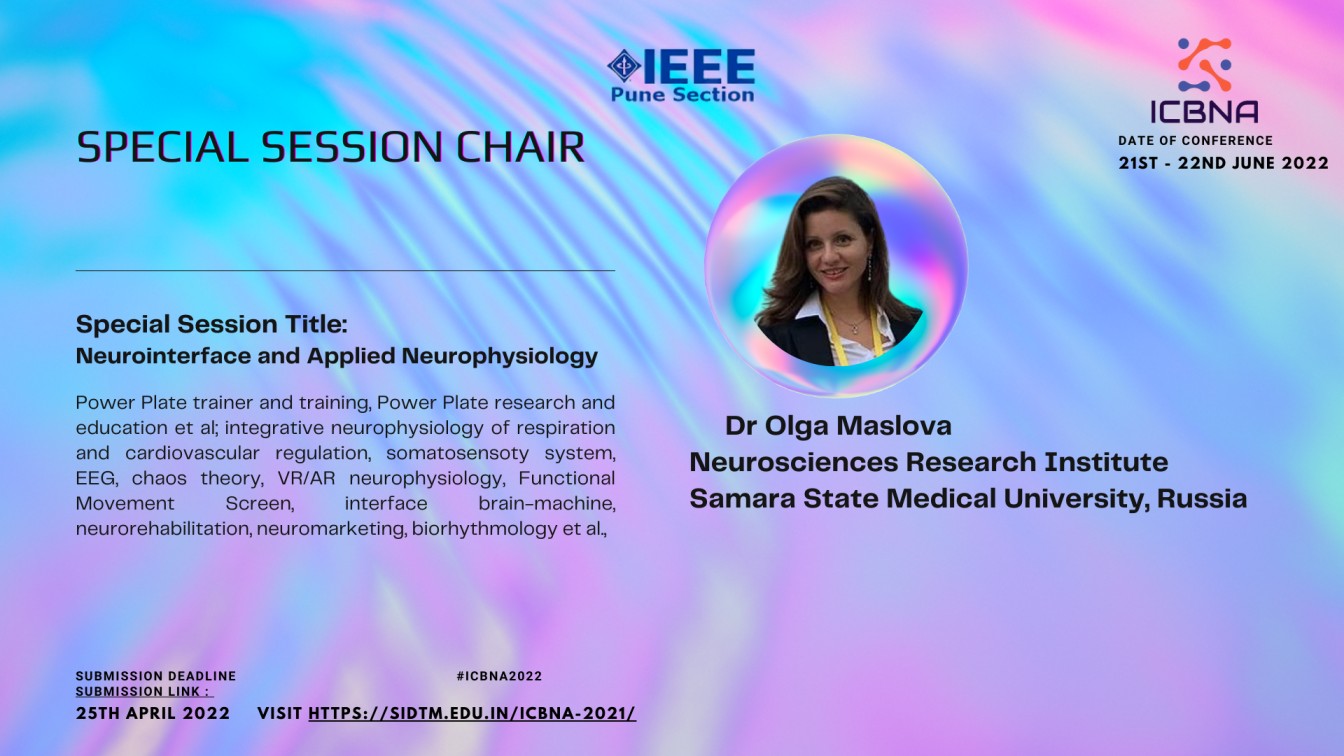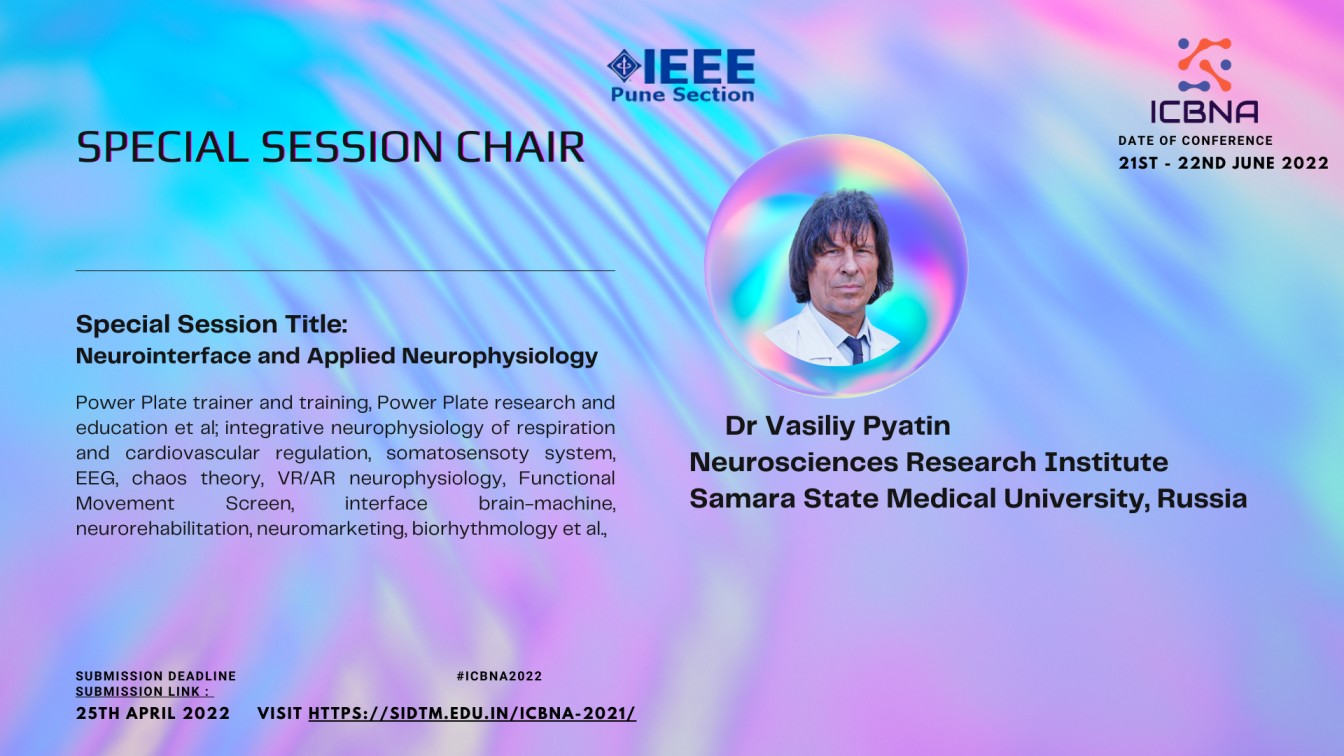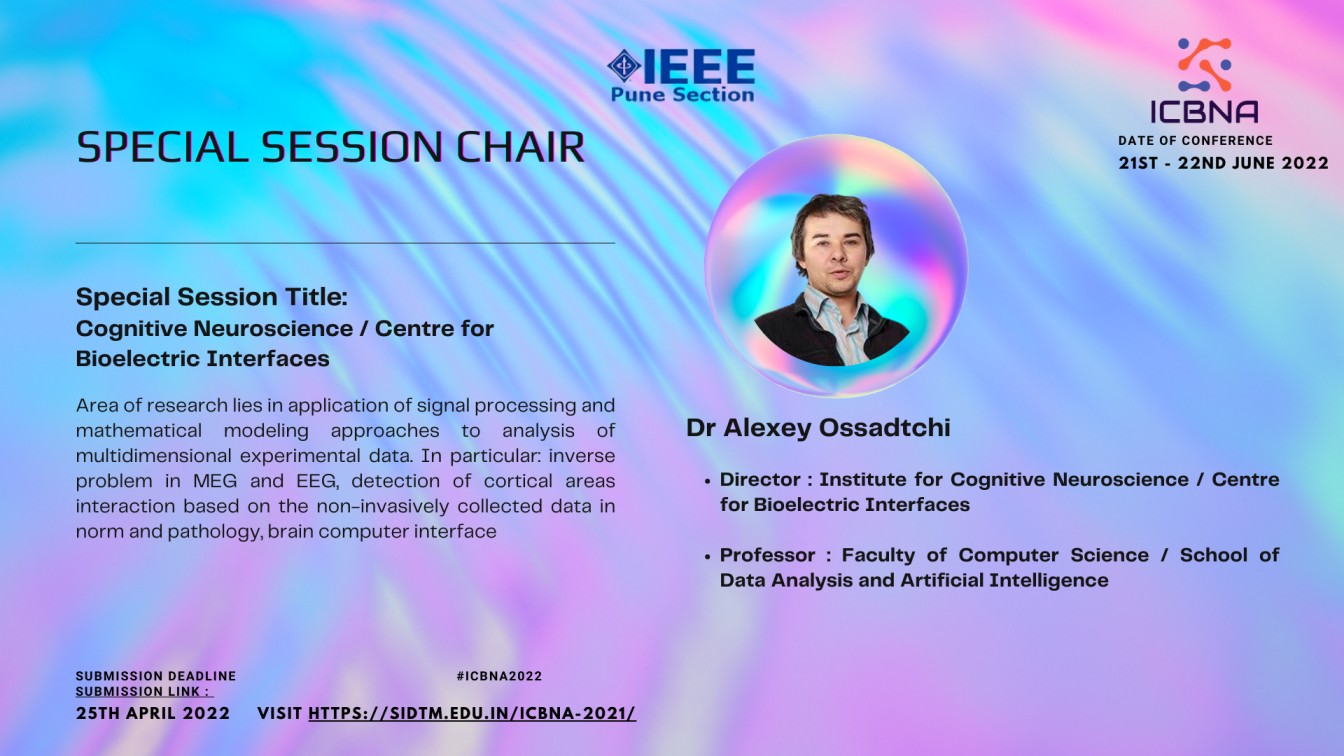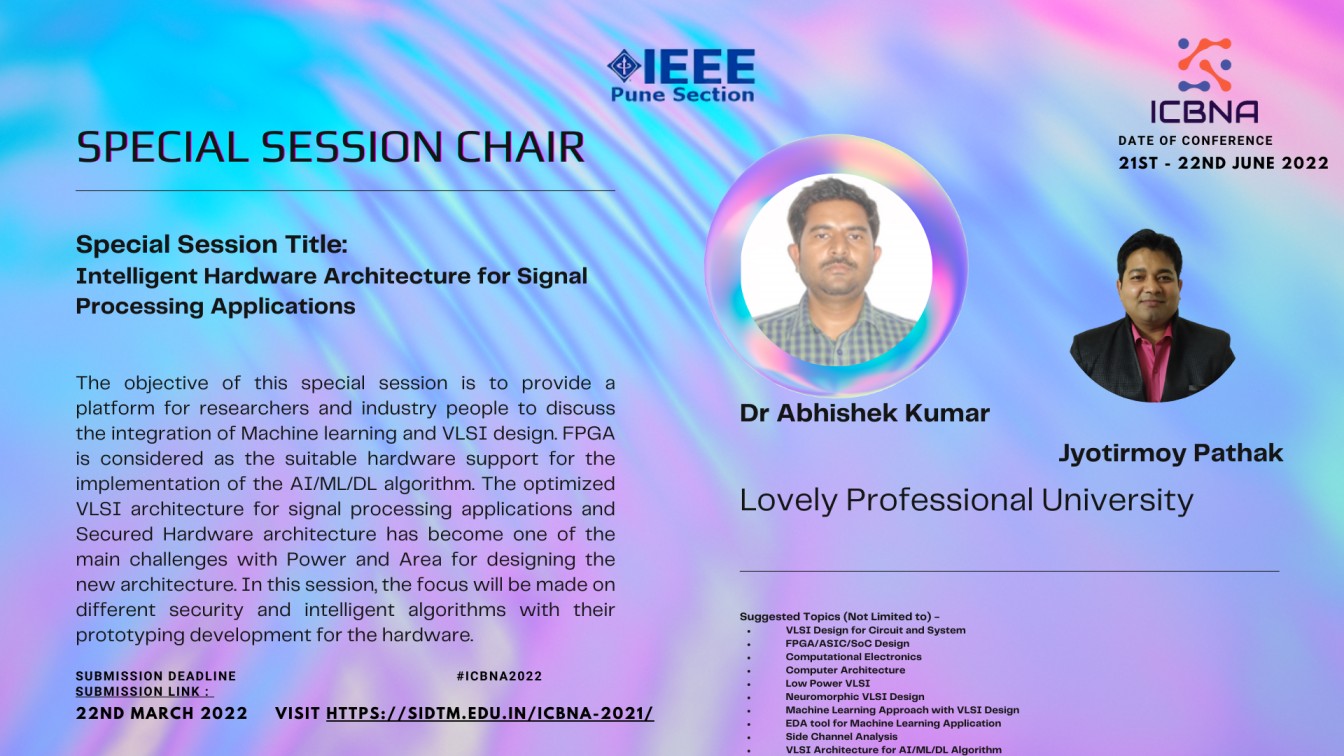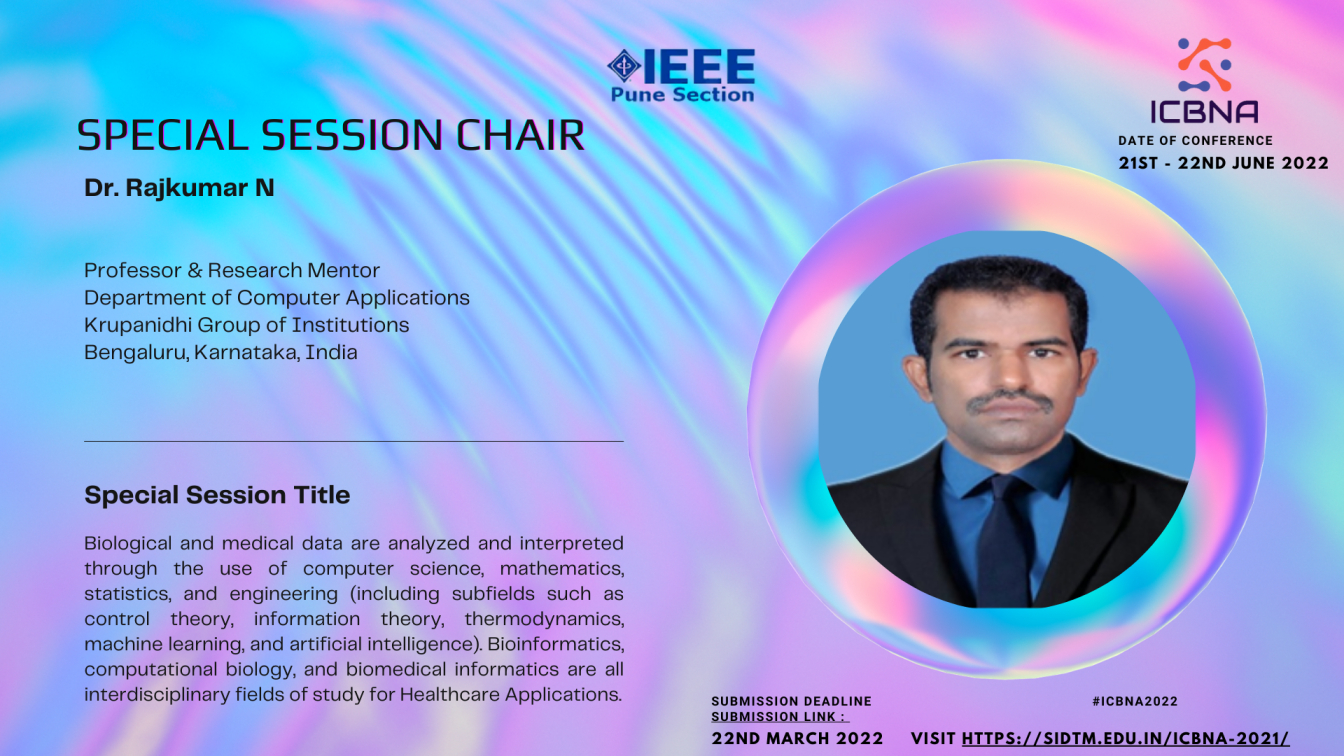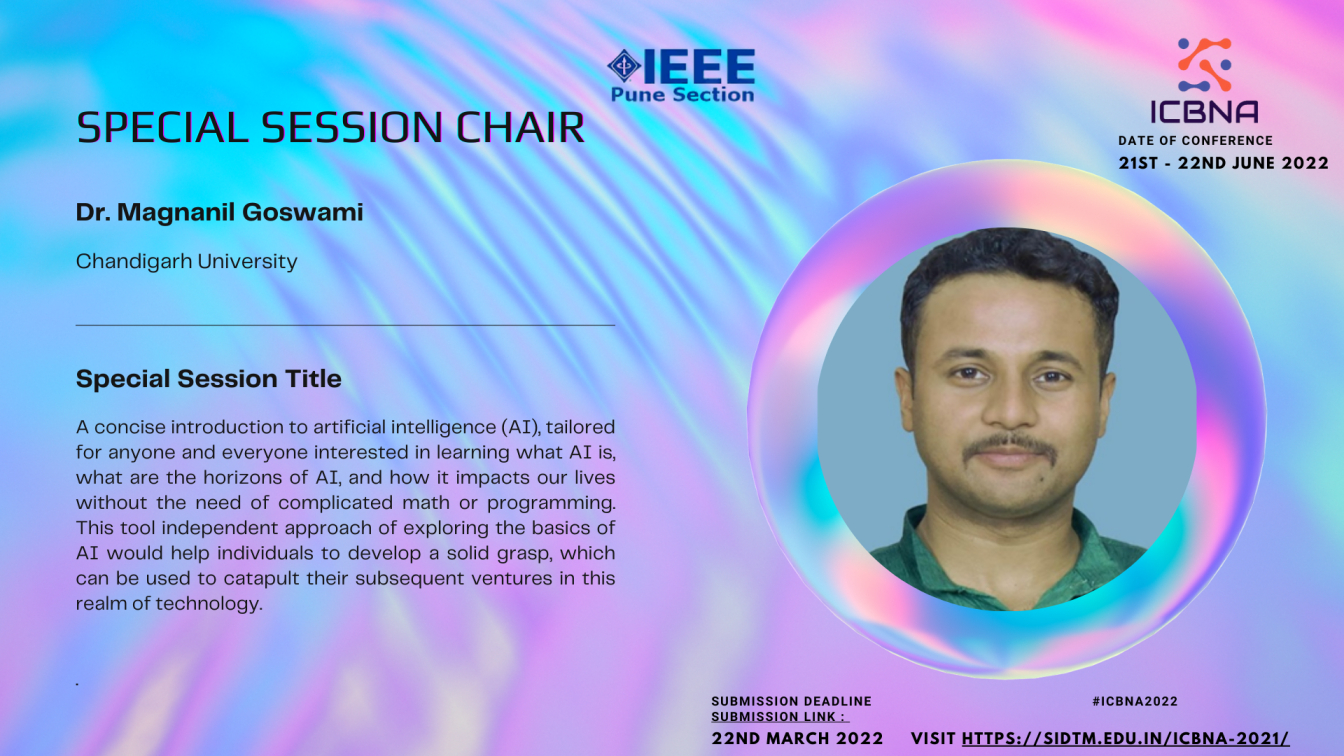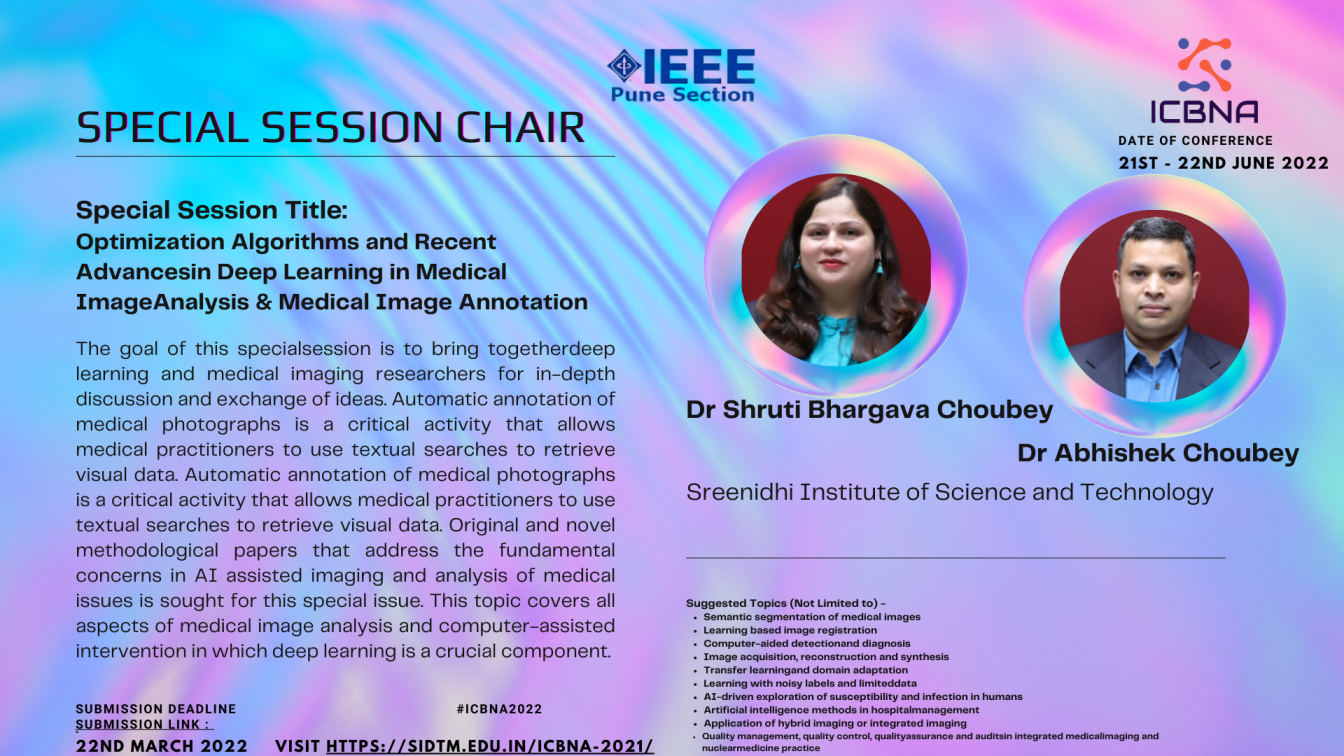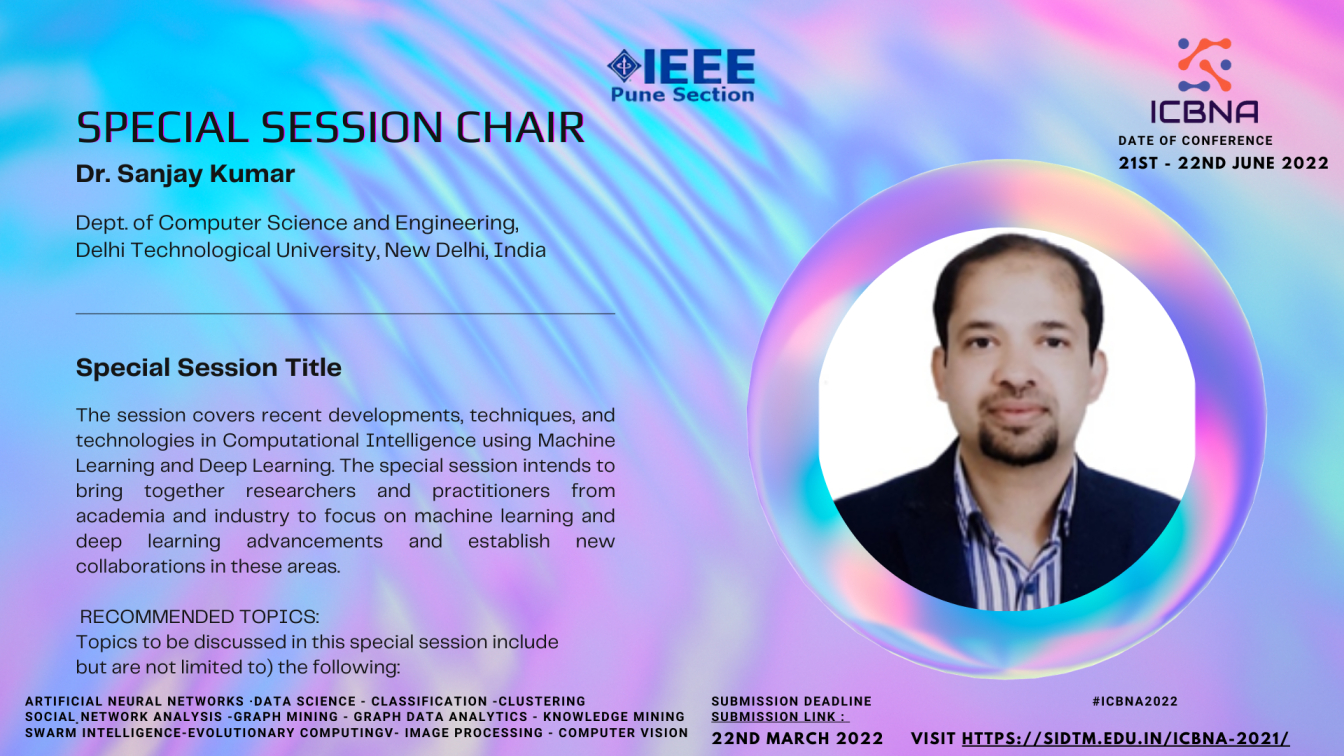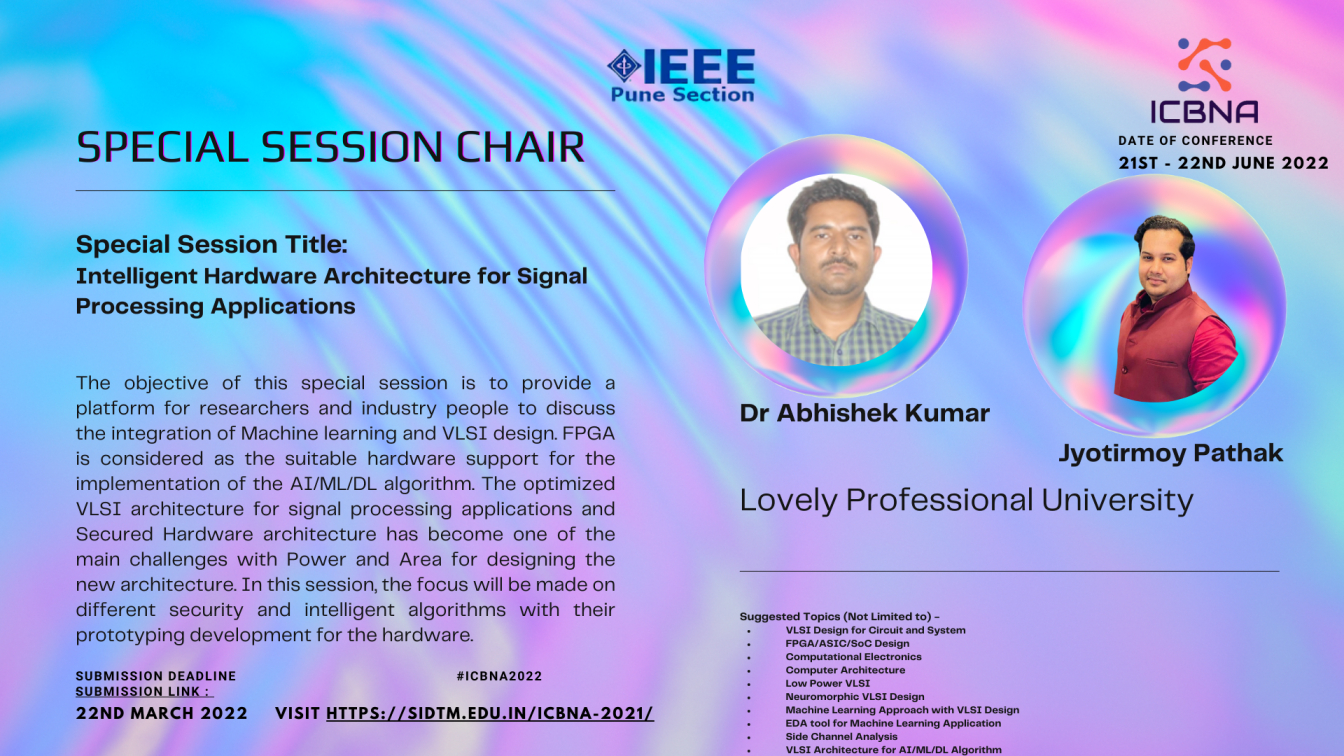Programmes
Orientation and Pedagogy
Dynamic Curriculum
The program structure and courses, academic curriculum and examination process is continuously upgraded. In order to address the existing needs of the industry and in accordance with the eclectic nature of our academic portfolio, advisory council is formed and they share their input every year. SIDTM (Formerly SITM) while designing its curriculum considers these inputs and subsequently discusses it in the Board of studies. The Board involves intelligentsia from varied backgrounds and specializations. The curriculum is delivered with the help of various teaching methodologies.
Classroom Teaching
The spirit of Classroom teaching encompasses the fundamentals of theoretical and conceptual learning. It extends its traditional boundaries into the world of interactive learning through case studies, assignments, quizzes and mock presentations by the students.
Group Learning
The students are grouped into syndicates, which encourages a free exchange of ideas. We strongly believe that syndicate learning – peer learning is vital for creativity. This activity encourages students to understand group dynamics and then perform in groups. The methodology helps students to improve their communication skills and harness team spirit.
Guest Lectures
Guest Lectures offer students a chance to interact with professionals not only from the IT and Telecom industry but also from various other fields. Their inputs enable our students to get insights into the corporate world.
Workshops
The inputs from the speakers in the Guest Lectures are contributed by the industry leaders on a wide range of topics involving managerial, technical and personality development which expands the horizon of knowledge. This process yields the much needed inputs for adding a value proposition to the portfolio of a student at SIDTM (Formerly SITM).
Seminar
SIDTM (Formerly SITM) arranges International Telecom Seminar where we invite industry experts, eminent persons who talk about current technologies, techno managerial perspective of telecom business and its environment. The speakers come from various industries including international speakers. It is a value addition to students. It brings on a neutral platform, visionaries from across the global ICT industry to discuss and explore the various current global telecom trends.
Simulations and Lab Sessions
SIDTM (Formerly SITM) is using simulations for effective learning. We have telecom simulation, network simulation, marketing simulation and business simulations. Students learn the concepts with the help of simulations. Apart from simulations, students use lab for various databases, analytics and other courses.
Industrial Visits
The institute gives special importance to understanding the practical aspects of technology. As a result, Industrial visits are organized on a regular basis. These industrial visits are instrumental in enabling the students to have a practical understanding of telecom and it also encourages interaction between students and the industry. The visits are arranged based on students requests.
Summer Projects
The students also undergo two-months of rigorous summer training in the industry. On completion of the project, reports have to be submitted to the faculty and presentations are made to the batch. The reports are evaluated according to a host of parameters by teams of eminent professionals and academia. Students are selected from the campus through a summer recruitment process.
Research Projects
To inspire thought and initiate in-depth study in various areas of business and technology, a research project is allotted to each syndicate. This project is conducted over a 10-month period. The research project primarily relates to techno commercial aspects of ICT industry. The management, alumni and industry experts decide the topics of the projects. It involves studying the technical aspects along with the business issues and commercial viability. The institute also shares these research projects with the industry.

